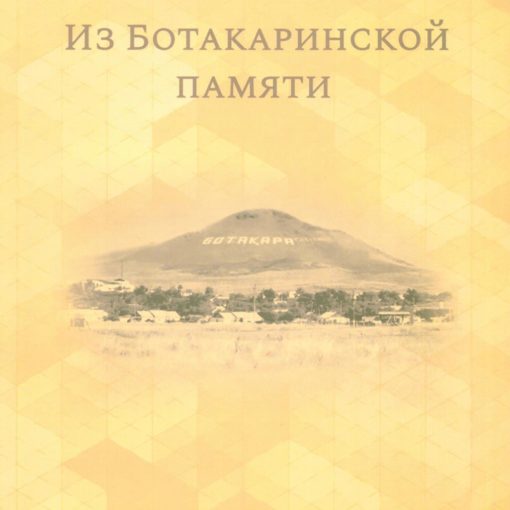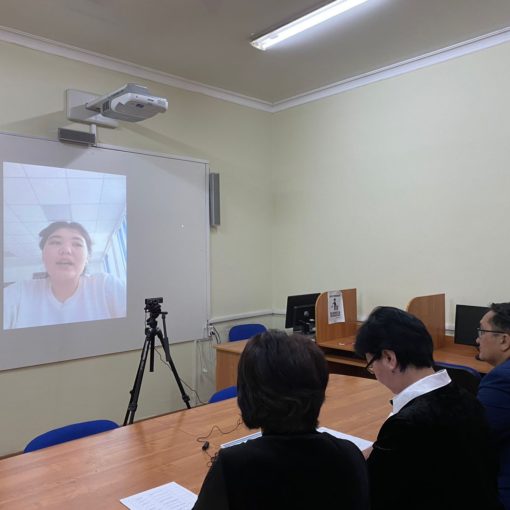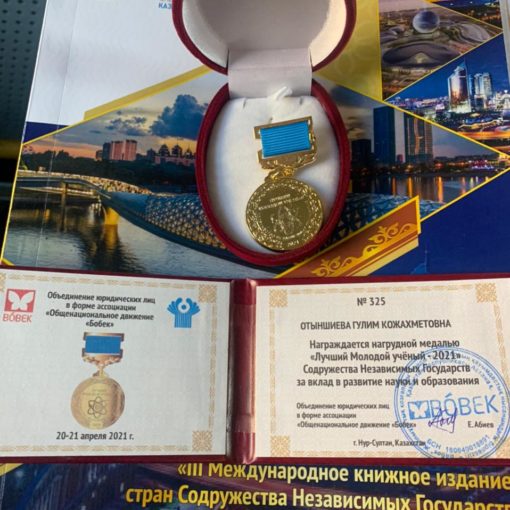Achievements of recent years in the development of modern information technologies and the development of intelligent programs for independent learning of foreign languages, of course, cannot fully replace the Teacher as the central figure of the educational process, his experience, qualification and professionalism, passion for his work. In this connection, the development of innovative teaching methods corresponding to the current goals of education, aimed at intensifying and optimizing the educational process is a pedagogical and social task. E.D. Ahn, associate professor at the Department of Foreign Languages and Intercultural Communication, led a practical seminar for her colleagues at the department on the content of one of the modern and interesting methods of teaching foreign languages, namely the method of G.A. Kitaygorodskaya, which is based on a unique system of intensive foreign language teaching, activating the individual and the whole team. To learn a foreign language according to the studies of the author of the method – means to use the studied foreign language in a particular context. The concept of its intensive learning deals with mastering communication in a foreign language in oral, written form precisely from a socio-psychological perspective. From the first practical lesson the trainees are offered to communicate in a foreign language, not just to learn a “dry” alphabet, which makes no sense to learn if a person goes long and laboriously to his or her main goal, namely communication in a foreign language. Thanks to intensive learning there is an accelerated acquisition of a foreign language, personal development, interaction of members of the learning group with each other. Kitaygorodskaya method does not say that a person will learn a foreign language in a few months. The essence of the method lies in the fact that the pupil / student in a short period of time to learn to speak the language in the process of interaction with each other. The method of teaching foreign languages G.A. Kitaygorodskaya is a unique psychological and pedagogical concept of interaction between students in a practical lesson. Pupils and students in the classroom play any life situations in a foreign language. This is not a boring class filled with grammar and words, it is a dialogue within the group. First, students repeat after the teacher phrases. The teacher acts as a prompter. Only after the teacher, the student builds his or her own sentences based on the memorized phrases. That is, from the first lessons, the student begins to speak. The leader of our training on the example of a short dialogue in French explained the essence of the intensive method:
Bonjour! – Good afternoon!
Faison connaissance! – Let’s get acquainted!
Permettez-moi de me presenter!-Let me introduce myself!
Je m’appelle … – My name is …
Je suis ravi(e) de vous voir! – I’m glad to see you!

Then one dialogue is superimposed on the next. In this way, the structure of the lessons does not allow you to forget the previous material. Among other things, whole layers of grammar are fun and easy to learn. The learning process is based on such principles as: the principle of group interaction, the principle of personal communication, the principle of playful organization of educational material and the process, the principle of concentration in the organization of educational material and the process, the principle of multifunctionality of exercises. Only in this way is there a more productive mastery of the language being studied. The principle of polyfunctionality of exercises shows the specific organization of the educational process. Here, in contrast to traditional teaching, there is a simultaneous and parallel mastery of language material and speech activity. Any exercise solves several problems. Exercises are built in such a way that in order to say something, it is necessary to use some grammatical form and, consequently, to fill this form with lexical material. The practical seminar-training was undoubtedly useful for all its participants. To summarize, we can conclude that language acquisition should have a practical purpose, which is ensured by the observance of all five above-mentioned principles of learning. Learning a foreign language should always have a communicative nature.





